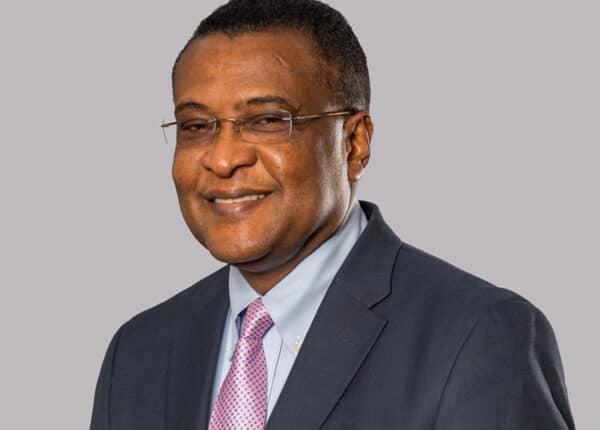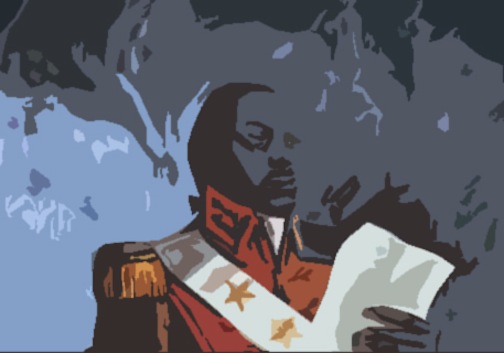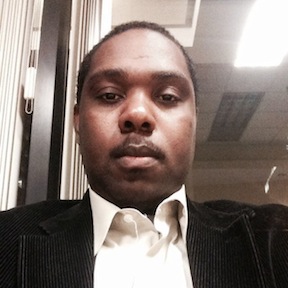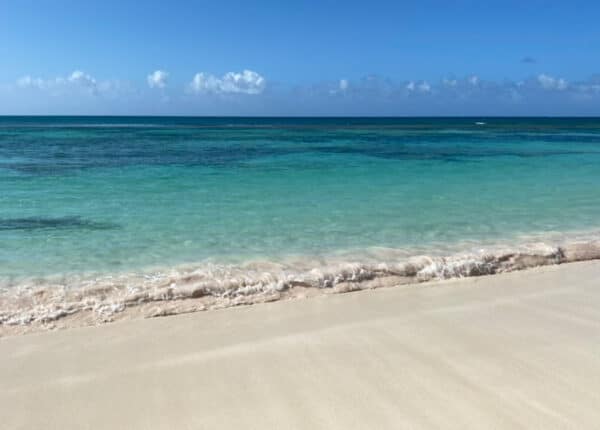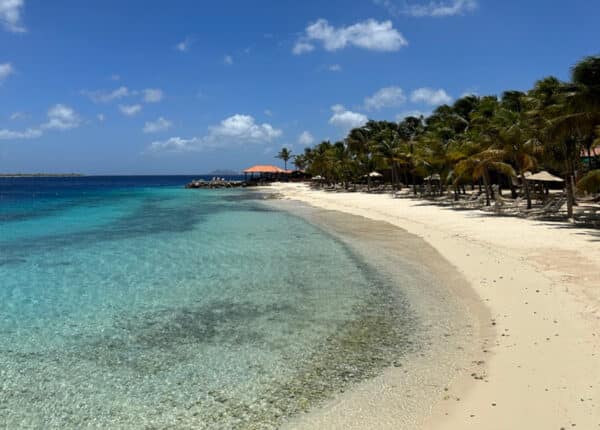By Ilio Durandis
CJ Contributor
Maybe it is true that no one will ever fully understand Haiti.
From being the very first nation of the modern era to abolish slavery out of a bloody revolution to being the least prosperous and advanced country in the western hemisphere, Haiti continues to mesmerize its citizens and foreigners alike.
Those who fought and won its freedom and independence back in 1804 probably were too worried about dealing with their former masters to put together a sustainable plan for the very survival of this costly liberty that they wanted Haitians of all eras to enjoy.
Haiti has seen better days. And yes, it has been through some dark moments.
But sadly, this generation is likely the unluckiest one in the sense that it never had the chance to enjoy Haitian sovereignty, something for which heroes like Toussaint, Dessalines, Henri Christophe, Charlemagne Peralte and others have paid the ultimate price with their lives.
Since 1994, Haiti has conveniently become a de-facto United Nations protectorate state:
A small pseudo-autonomous nation within a larger international commonwealth.
A nation that is unable to uphold its constitution, incapable of guaranteeing the welfare of its citizens and all but neglecting its rights to self-governance and self-determination. The Haitian state seems to be moving slowly, but progressively toward its grave.
The failures of the most recent generations, whether their inability to create an all-inclusive national government post-occupation that would look after the most vulnerable or to have mustered enough strength against the Duvalier’s dictatorship by any means necessary, have left an insurmountable challenge for this generation to solve.
Almost five years after the destruction of the nation, Haiti seems to have its back turned on its future.
The ghosts of its past seem to hold greater power than the souls that are alive today.
Nothing makes sense for anyone, and yet everyone accepts everything. Haiti has truly become the land where reality is all but an illusion: A paranoia state, where the people have almost no trust in their public office holders.
In a few months time, if the current leaders or authorities do not rise above the moment, if they refuse to leave behind political theatre and nonsensical logic, sadly, Haiti might enter the gate of no-return, where not only Haitians will lose the tiny sovereignty that they enjoy today, but Haiti as we know it may cease to exist for a long time to come.
And unlike in 1915, this time around, there is simply too much at risk.
On the surface, it may seem that Haiti is going through an electoral crisis.
It is true that the current administration, after more than three years in office, has no idea what holding an election feels like. They passed on the chance to hold municipalities’ elections back in 2011; instead they replaced elected officials with non-elected ones.
They also took a pass on holding legislative elections in 2012 and 2013.
And with each passing day, it is becoming more real that there might be no elections in 2014; which will leave Haiti’s fragile democracy with a big institutional void: and the collapse of the Haitian parliament would come on Jan 12, 2015.
However, the lack of timely elections is simply one of the symptoms of Haiti’s problems.
The battle for Haiti in the era of reconstruction is about self-determination and inclusivity rather than exclusivity, the prosperity of the masses and the elites and not that of one without the other or one at the expense of the other; and, above all, it is a battle for Haitian self-governance and common justice.
These upcoming elections might as well be the most important elections ever in Haitian history.
The country has arrived at a junction, where it needs to decide not only its near-term future, but also its long-term survival.
Crucially, all the dominant forces seem afraid to let free and fair elections take place in Haiti. The electoral process is literally frozen waiting for an immaculate solution.
Haiti’s founders left a fertile nation, one that was capable of being self-sufficient. Indeed, Haiti had a jump start on nation-building compared to most nations in existence today.
For example, the state of Israel only came to existence after the World War II, when Haiti was getting ready to celebrate its 150th year of independence. Today, Israel is among some of the most advanced countries in the world, and Haiti is nowhere to be found.
Self-determination and self-governance coupled with justice for all can help win this battle for Haiti’s future.
Haitians have been surviving for too long; it is time that a pact is made to build a nation with the natural resources under its soil, with the intellect of its people, and the strong character that was inherited from Haiti’s ancestors. Haiti should continue to be synonymous with freedom, self-determination and brotherly living.
This is what the battle is all about.
Haitians can’t lose faith in the power to self-build. Haitians can’t lose faith in their grandeur as a people. Haitians can’t lose faith in Haitians.
To the leaders of Haiti: the moment is yours, the decisions you make today will impact not only you but your whole bloodline: Time to be wise, time to be smart, and yes time to be Haitians.
Fair, just and honest elections are the backbone of stability and, thus far, one the best ways to move a nation from poverty to prosperity.
Power is ephemeral, but a legacy is perpetual. Haitians need leaders that can leave a prideful legacy, just as the heroes of Independence did.
Haitians must never cease to live by the creed of Dessalines: Liberty or death.
And time after time, the Haitian people have chosen liberty over all other options.
Haitian leaders must do the right thing: treat the symptoms so that the nation and the people can heal from its disease.
Haiti is indeed too great of a nation to be so poorly governed and regarded in the world.
It is time to change the paradigm for and put an end to the divisive internal battle for the good of the nation.
Ilio Durandis, a Caribbean Journal contributor, is the founder of Haiti 2015, a social movement for a just and prosperous Haiti. He is also a former columnist with The Haitian Times.
